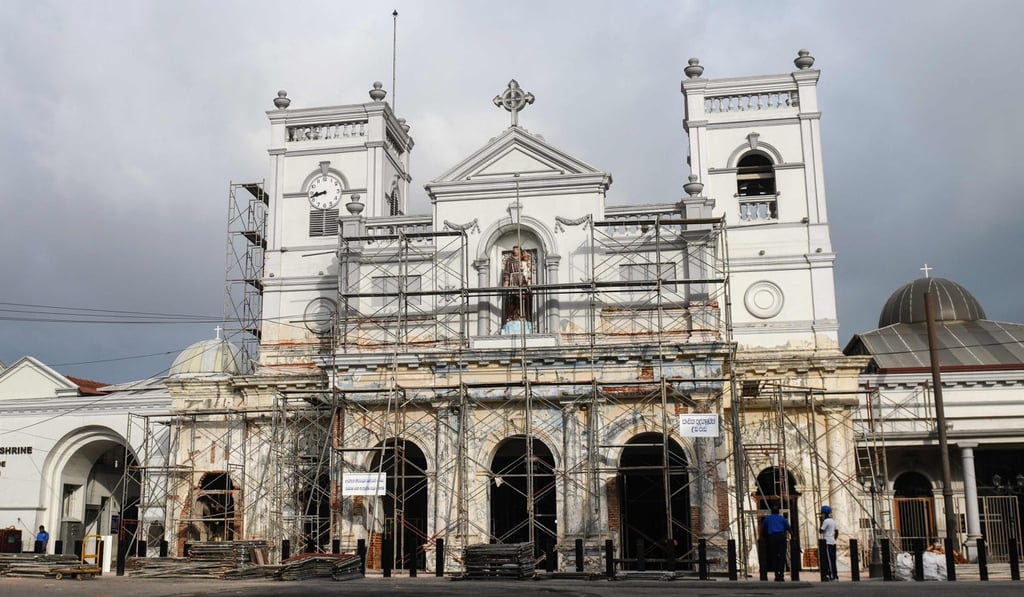Advertisement
Opinion | ‘Voice of the nation’: as Sri Lanka loses faith in the government, it looks to a cardinal for leadership
- Forbes magazine said Cardinal Ranjith was among the leading contenders for the papacy after Pope Benedict retired
- However in Sri Lanka nowadays, most people seem to say in one voice: ‘cardinal for president’
Reading Time:4 minutes
Why you can trust SCMP

It’s tense in Sri Lanka nowadays. Scarcely a day passes that the army does not discover a cache of arms, ammunition or other combat related material, such as radio-frequency jammers, in a mosque or nearby one.
Even in a country almost inured to violence due to the nearly 30-year conflict between armed forces and the Liberation Tigers of Tamil Eelam (LTTE), such discoveries have left people stunned with fear because of what they suggest: “terror” and “Islamic State”.
So when a minor traffic accident showed signs of escalating into a Muslim versus Sinhalese riot in the town of Negombo – where a church was bombed on Easter Sunday – the Archbishop of Colombo Malcolm Cardinal Ranjith called for a temporary ban on alcohol sales in the largely Catholic town.
Advertisement
Being practical, never vengeful, has always been typical of the beloved cardinal’s approach, and increasingly, people are calling in one voice: “Cardinal for president”.

Advertisement
Sri Lankans may be terrified of more attacks, but the response by authorities since Easter Sunday has done little to calm the mood.
Advertisement
Select Voice
Select Speed
1.00x
